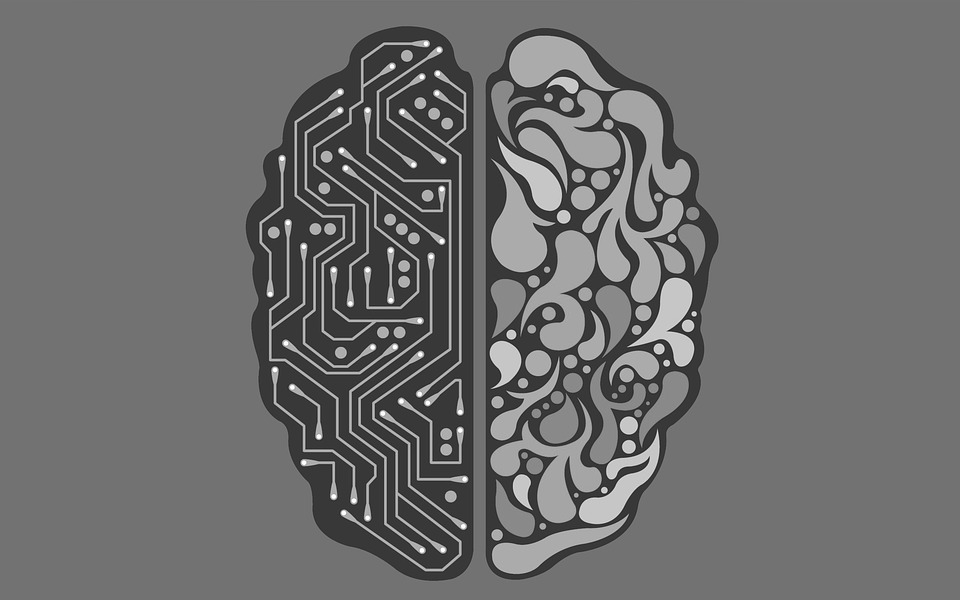The researcher has already worked for Microsoft in a virtual teleportation system.
Who is he?
The young professor of Computer Science and Artificial Intelligence at the University of Alicante (UA) Sergio Orts has just landed in San Francisco to join the February 1 as a researcher at the headquarters of Google. Orts is a specialist in robotic machine vision, computer vision of high performance and 3D and will be in this broad field in which he will contribute his work and his knowledge in the technological giant.
“I am very excited and eager to join Google, where I will be able to work with top-level professionals and leading projects to continue training and learning,” says Orts, who, for reasons of confidentiality can not reveal what specific projects goes to work. However, he does affirm that one of the things that attracts him the most to be able to join a great company like Google is “that crazy ideas can arise in which you get involved and that within ten years are a reality”. “It is one of the biggest hotbeds of innovation in the world,” he says.
What are his plans?
His idea is “to stay there for a year or two and then return to the University of Alicante because I love being able to combine the experience of working in a private company with the academic and teaching side”. That said, he admits that once you take a leap like the one he’s going to give, “you never know what the future holds for you.”
Even so, despite his youth, 32 years recently, he can already boast of having worked in another research team at Microsoft. In fact, thanks to that experience today, this opportunity has arisen. “During my stay there I worked with a large team of researchers and some of them are now on Google” he says.
His past and future
At Microsoft, he joined the Interactive 3D Technologies research group. Among other projects, he developed a virtual teleportation system in 3D thanks to which, through special glasses, a person can talk to another person who is at the antipodes, seeing it as if it were in front of him thanks to holography. “They are research projects that have not been commercialized but you never know if it will be the Skype of the future. In any case, and although they are not implanted, they serve to advance in the technological development and at a scientific level they are very interesting “, reflects this professor.
When asked about how he sees the future and how he believes the digital revolution in which we are immersed will change our lives, Orts is cautious. “I do not dare to make temporary forecasts, but it is clear that Artificial Intelligence will be integrated into everyday products that we can all use,” he says. In addition, in his opinion, Medicine will be one of the great beneficiaries for the diagnosis and treatment of diseases.
“Now everything is going faster than before and with the technologies of calculation that are already starting to be available, a leap greater than what we now imagine can occur within a few years,” the expert argues. “Society has many challenges ahead and technology must serve to improve our lives and to benefit as many people as possible,” he summarizes.
His research group
Orts is integrated into the Robotics and Vision RoViT research group of the University of Alicante, directed by Miguel Ángel Cazorla. In this group, vision systems are mainly used to integrate assistance robots designed to care for the elderly or disabled. There he has developed a large part of his work and that is where he wants to return to apply what he has learned. He also points out that in addition to technology at Google, he hopes to learn “new ways of working, different methodologies that are sure to be useful anywhere,” he says.
As for the salary, you can not reveal it for the contract you have signed, but admits that “it is worth it, it is well paid, according to the pressure and responsibilities that you acquire in a great company”.

